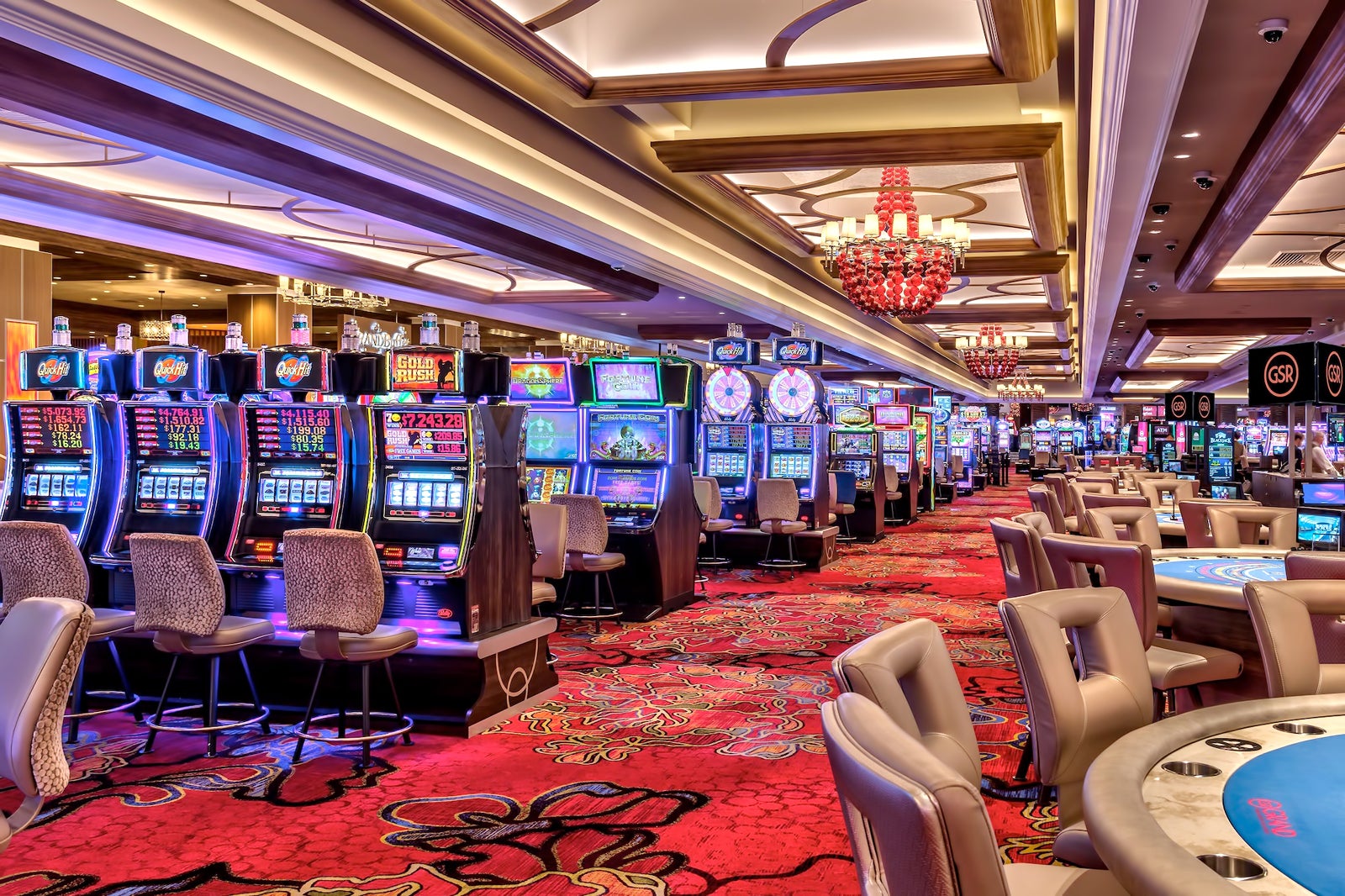Gambling has been an integral part of human recreation for thousands of years, transforming through societies and eras to become the vibrant casino games we know today. From the historical Chinese and Romans, who engaged in multiple forms of betting and chance, to the sophisticated gaming floors of today’s casinos, the attraction of gamble and reward has enchanted individuals across the globe. The transition from basic dice games and primitive betting setups to the opulent settings of contemporary casinos reflects considerable strides in both cultural standards and technological.
As societies evolved, so too did the complexity of gambling activities, with casino games emerging as a distinct category of entertainment and thrills. These activities have transformed from informal gatherings centered around traditional tables to expansive, lavish establishments designed to lure players. Today, we delve into this intriguing journey, examining how historical practices laid the groundwork for the diverse and thrilling casino activities that bring pleasure to millions worldwide.
spintax

Early Gambling Practices
Betting has profound roots in human history, with indications of games of chance dating back to ancient societies. Archaeologists have uncovered that as far back as 3000 BC, the Chinese were using basic forms of betting with dice made from wood. Similarly, ancient Mesopotamians engaged in gambling activities, often relying on the casting of lots or dice to determine outcomes. These early forms of gambling served not only as recreation but also played vital roles in social and cultural practices.
The people of Egypt also took part in betting activities, with games that included betting on the results of various events, including athletic events and spiritual festivals. Artifacts such as dice and depictions of gamblers from ancient tombs demonstrate that gambling was a common pastime. It provided both entertainment and a means of engaging in social interaction, often linked to celebratory occasions or important gatherings. This behavior demonstrated the universal appeal of chance and rivalry throughout history.
In ancient Rome, wagering became a widespread practice among the populace, as reflected by references in literature and the establishment of guidelines around certain activities. Romans enjoyed a variety of betting activities, from betting on horse races to playing games akin to modern-day board games. The legal structure surrounding these activities began to take shape, establishing the foundations for betting regulations that would grow in the centuries to come. The prevalence of gambling during this period set the stage for the development of gambling house games in the future.
The Progression of Gambling Games
Casino games have gone through substantial transformations from their origins to the modern-day entertainment offerings. In early civilizations, gaming was frequently connected to ceremonial practices, with dice games found in the ancient Mesopotamian region and betting on the outcomes of events in old Rome. These early forms of gambling laid the groundwork for the formal games we see today. The change from informal gambling to regulated games occurred as societies began establishing rules and venues for wagering, showing cultural values and practices.
The medieval period saw the development of card games, which gained recognition among European nobility. Games like primero and the game baccarat became staples in social gatherings. The invention of printing technology additionally aided the spread of playing cards, making them more reachable to the general public. As gambling houses began to proliferate, these card games transformed into different forms that appealed to wider audiences, eventually leading to the founding of casinos as dedicated venues for gaming.
The 20th century marked a significant point in the progression of casino games, with the rise of commercial casinos in Vegas and other gambling hotspots. This era brought forth games like slot machines and modern versions of table games, complete with advanced graphics and intricate betting structures. The introduction of online casinos in the 1990s additionally changed the gaming industry, allowing players to access a vast array of casino games from the comfort of their homes. WW88 Today, gambling games continue to progress, blending classic elements with advanced technology to create engaging experiences for players globally.
Modern Gambling Regulations
In recent years, the landscape of gambling laws has developed substantially, particularly as technology and internet-based gambling have become increasingly prevalent. Authorities around the globe have enacted multiple regulations and guidelines to make certain that gambling activities are carried out equally, responsibly, and openly. These laws often cover factors such as permits, advertising, player safeguards, and sensible gambling measures. Authorities aim to mitigate problems such as problem gambling and cheating while supporting a fair gambling environment.
The growth of internet gambling sites has created a need for a different approach to oversight. Many legal areas have established specific online gambling frameworks that cater to online gaming, allowing operators to offer their offerings within the law. These frameworks often demand operators to get licenses, adhere to strict security standards, and provide customer support options to help players. By closely supervising internet activities, authorities can more effectively protect consumers from risks and make sure that gaming is conducted in a secure manner.
Additionally, contemporary gambling laws are progressively concentrating on responsible gaming initiatives. Many casinos and internet-based sites now adopt features such as self-exclusion, deposit limits, and breaks to help players control their gambling habits. Awareness campaigns aimed at raising awareness about the risks of gambling are also common. As the industry continues to grow, the focus on responsible gambling continues to be a fundamental principle of regulatory efforts, showing a dedication to promoting a safe and pleasant gaming experience for all gamblers.